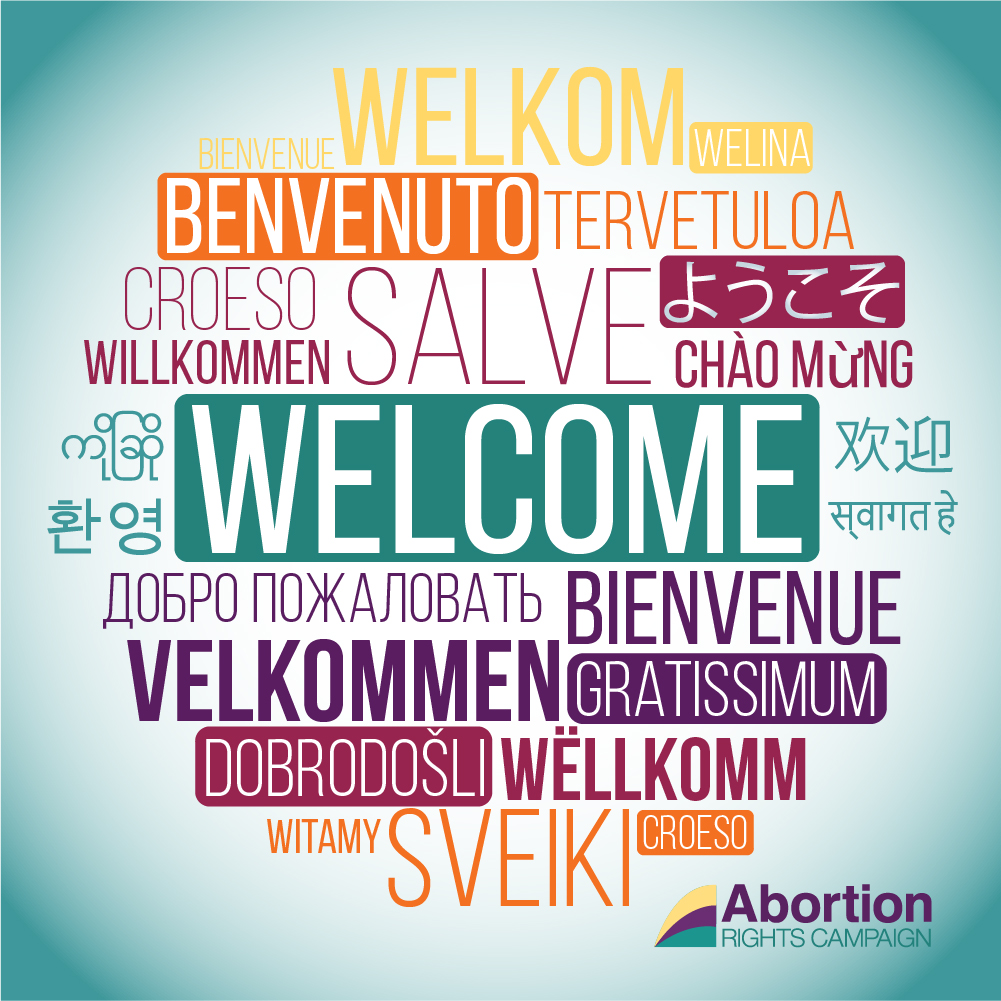
Asylum seekers’ right to abortion care & barriers faced in accessing care
In honour of World Refugee Day, June 20th, ARC stands in solidarity with refugees across the globe. Refugees and asylum seekers face unique barriers in accessing sexual and reproductive health services. ARC is founded on principles of individual bodily autonomy and decision-making, equality and non-discrimination with a strong commitment to health and human rights. The Direct Provision system, which houses people seeking asylum in Ireland, contradicts all of these values. As of January 2019, there were over 6,300 people living in Direct Provision in Ireland, putting the centres over capacity and creating the need for emergency accommodation elsewhere. The living conditions in Direct Provision and emergency accommodation undermine people’s well-being, as does the unduly long and arbitrary process of reviewing asylum claims.
While the right to sexual and reproductive health is enshrined in international human rights standards and abortion is newly legalised in Ireland, asylum seekers face unique barriers in accessing abortion services. Many Direct Provision centres are on the outskirts of cities or in rural areas, where abortion providers are scarce. Therefore, people in Direct Provision must use their meagre weekly allowance to pay for transportation or risk having to divulge personal information if they request funding for transport to a healthcare provider. The entire experience is made more difficult by the mandatory three-day waiting period, which forces people to visit a doctor on two separate occasions before receiving abortion care. If someone needs an abortion after nine weeks, they will have to go to a hospital. Currently, only 10 of 19 maternity hospitals provide abortion care. This shortage of doctors and hospitals is particularly troubling for those in the northwest region of the country. These difficulties in access are even worse for those with limited English proficiency or living with a disability.
People often make the profoundly difficult decision to leave their country and seek asylum elsewhere because they have been subjected to political persecution in the form of sexual and gender-based violence. Rape is one such form of violence, which can be particularly prevalent in conflict regions. Although the Health (Regulation of Termination of Pregnancy) Act 2018 permits abortion up to 12 weeks on request, this timeline may be too short for someone who has only recently arrived in Ireland and may not speak English or know what their rights are. When someone misses the cut-off, they face the arduous process of applying for costly travel documents in order to access care outside the country, if they are legally able to leave the country at all. This is too great a burden for someone who has been physically and emotionally traumatised to be expected to endure.
The criteria for accessing an abortion after 12 weeks are both vague and extremely limited. A person is only able to access abortion on health grounds if there is deemed to be a “risk of serious harm” to their health. However, “serious harm” is not defined anywhere in the law and is not a standard medical term with a shared meaning. Past experience with the PLDPA legislation shows that even those who met the extremely high threshold were not guaranteed access to abortions; a young asylum seeker known as Ms Y was denied an abortion even though she was suicidal because she was pregnant as a result of rape. Given the subjective nature of interpreting vague, non-evidence-based criteria and the continued criminalisation of abortion in the new law, the rights of vulnerable people such as those in the Direct Provision system are at risk. Asylum seekers and their advocates need assurance that such violations of human rights will never happen again. Assurances must include clear, publicly available procedures for people in Direct Provision to access abortion, with guarantees of confidentiality and coverage of transportation and all related costs.
Finally, we at ARC recognize that the lived experiences of refugees and asylum seekers in Direct Provision can best inform the Irish Government on ways to improve the treatment of people seeking asylum, and we call on the Irish Government to prioritise their voices in the discussion. ARC extends solidarity to asylum seekers, refugees, and migrants across Ireland and beyond – and we support their right to the highest attainable standard of health.
In May, we responded to a call for submissions from the Oireachtas Committee on Justice and Equality on the issue of Direct Provision, highlighting the urgent need to abolish the system of Direct Provision and promote the health and human rights of people seeking asylum. You can read our full submission and our policy recommendations here.

